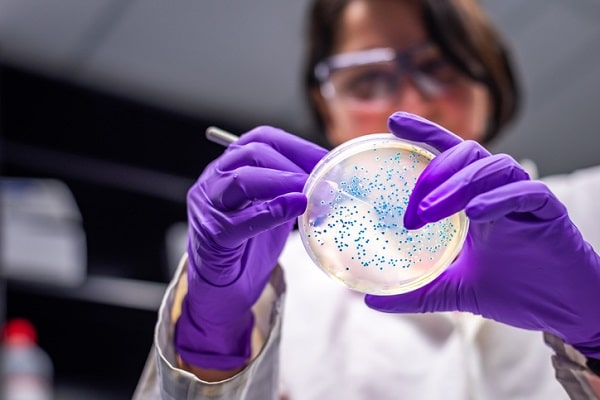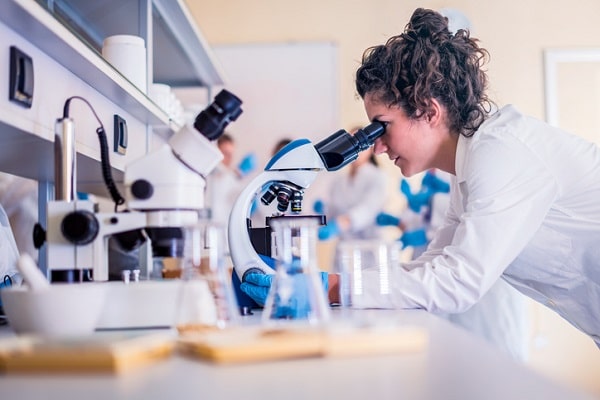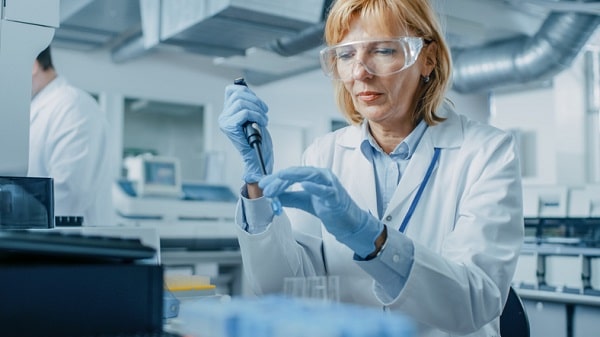
Biotechnology has been a part of human life for centuries and also plays a major role in the pharmaceutical industry today. Typically referred to as biologics or biologic drugs, these products are developed, researched, and used by medical professionals all over the world. Similar to chemically developed drugs, biologics undergo strict regulation to make it to clinical trials and eventually to the market, or into medical facilities.
Keep reading for more details about this important sector of the pharmaceutical industry.
Biologics and Biotechnology
Biotechnology companies exist in a range of industries, including food production, cleaning products, and the manufacture of plastics. When pharmaceutical products involve the application of living organisms, organic materials, or biological systems, they are referred to and regulated as biotechnology or biologic drugs.

The study of biological processes can lead to discoveries applied in drug developments
If you are interested in learning about the process of biologic drug development and its applications,pharmaceutical courses might be right for you. Courses cover topics such as
- Gene therapy in cells from plants, insects, or mammalians
- Industrial technology for producing vaccines
- Regulatory affairs for biologics at the local and international levels
This is a dynamic part of the pharmaceutical industry, and knowledge of this area is integral to a pharmaceutical career.
Examples of Common Biotechnologies
Biotechnology is all around us. For example, beer and wine, or other fermented products involve the application of biological processes. Biologic drugs have been used to treat all kinds of conditions, including diabetes, osteoporosis, and asthmatic allergies.

Biologic drugs come in many different forms
There are three types of biotech products that are the most common within the industry and well known to pharmaceutical quality assurance professionals. These products include the use of:
- Recombinant DNA Products: this is genetically engineered DNA from different organisms and can be used for insulin
- Antibodies: these are the proteins that white blood cells produce and they are important for fighting off viruses and identifying bacteria
- Proteins: molecules consisting of amino acids, which help regulate organs and tissues in the body
Although most pharmaceutical companies focus on artificial or chemical solutions, many also use biotech to research, develop, and manufacture products used by medical professionals today.
Learn About Biologics Regulations in Pharmaceutical Courses
A new biologic drug will technically go through similar steps from conception to sale. However, biologics have particular regulations at the local and international levels. In Canada, biologics are reviewed and authorized by the Biologics and Genetic Therapies Directorate. Throughout the process of development, companies must provide:
- Data and information about a biologic’s effectiveness, safety, and quality
- Results of pre-clinical and clinical studies
- Production details
- Packaging and labelling information
- Information about side effects and treatments

Biologics must undergo rigorous study to ensure they will be applied safely
Biologic drug companies have to provide a high level of detail about manufacturing processes, and regulators will do on-site evaluations. The development and manufacturing of biologic products are usually more complex than artificial or chemical drugs, which is why there are special regulations in place.
Do you want to know more about pharmaceutical courses in Toronto?
Contact the Academy of Applied Pharmaceutical Sciences today!



